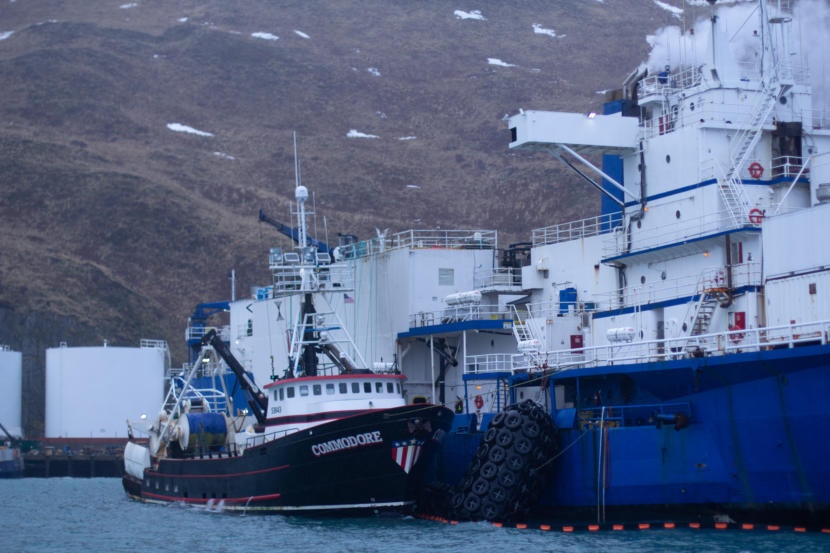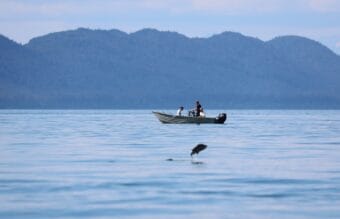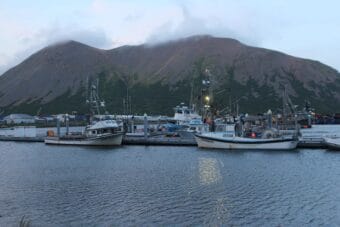
Members of the citizen boards that set the rules for fishing and hunting on state lands aren’t allowed to join the discussion if they have a conflict of interest.
But Alaska’s House Fisheries Committee is considering a bill that would allow members of the Board of Fisheries and Board of Game to join in those discussions — even if they’ve declared they have a financial stake in the matter. They still wouldn’t be allowed to vote.
House Speaker Louise Stutes (R-Kodiak) co-sponsored House Bill 26. It’s her third attempt to bring the legislation forward.
“It’s a good bill,” Stutes said Tuesday. “It’s a great bill, it will allow the Board of Fish and Game — both boards, meaning the fish and game boards — to benefit from their members’ expertise, facilitating more informed decisions and stronger resource management.”
Commercial fishing groups support HB26. Frances Leach, the executive director of United Fishermen of Alaska, told the committee the change would encourage transparency by bringing discussions out in the open which might otherwise occur behind closed doors.
“The people making decisions for Alaska’s precious wildlife and fisheries resources should be qualified and bring expertise to the table, not be muted,” Leach said. “As it’s been pointed out, this bill does not allow [conflicted] board members to vote. It just allows them to share their knowledge in the area of expertise and provides for transparent deliberation. I believe we all could benefit from transparent deliberations and more experts weighing in. This will benefit all user groups, not just commercial fishermen.”
Not everyone was convinced. Ben Mohr, executive director of the Kenai Sportfishing Association argued it would allow conflicted members to improperly influence deliberations.
“The current conflict procedures are not new. The current conflict procedures are not unknown or untested. They’ve been in place for a long time. And they’ve been reasonably effective. We believe that loosening the long standing ethical guidelines for this body is not in the public interest,” Mohr told the committee.
The fisheries committee is expected to hold a second hearing on the bill. A vote could come as early as March 18. It would still need a hearing before the finance committee. And so far HB26 doesn’t have a companion bill in the state Senate.



